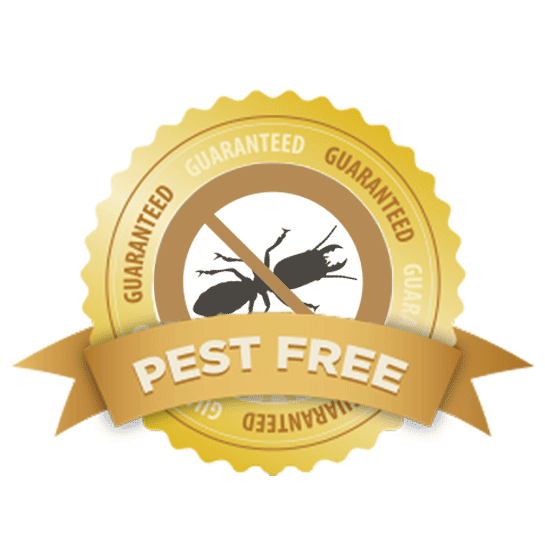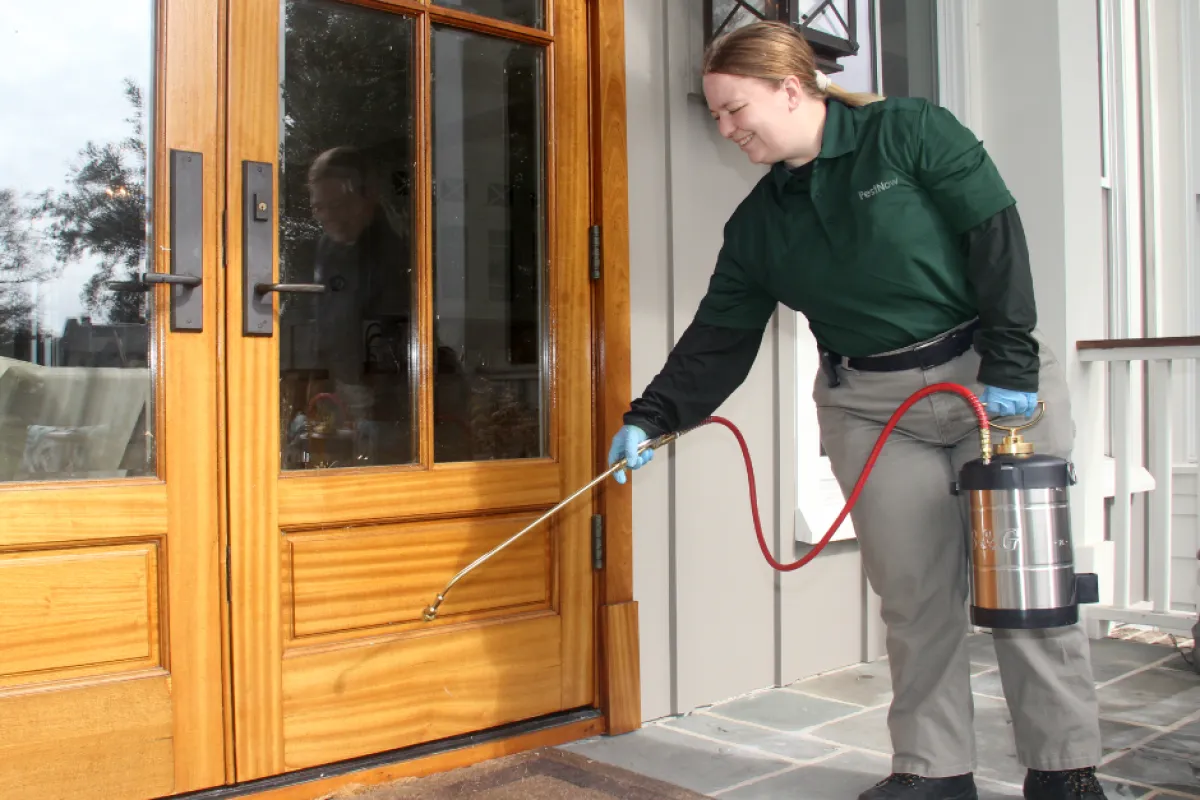Safe and Reliable Pest Control for Lasting Protection
Efficient bug management requires a multifaceted strategy that stabilizes environmental stability with the need for effective insect reductions. The subtleties of these methods may not be immediately clear, motivating a closer assessment of the practices that can lead to sustainable bug control results.
Comprehending Bug Control Methods
Bug control incorporates a selection of techniques focused on handling and getting rid of unwanted bugs and rodents that can intimidate both health and wellness and residential or commercial property. Understanding these methods is crucial for effective insect monitoring.
The primary classifications of parasite control methods include mechanical, organic, and chemical methods. Mechanical methods entail physical barriers and traps to avoid parasite access and capture unwanted varieties. Utilizing displays on home windows or utilizing sticky traps can substantially decrease pest populaces without presenting harmful substances - exterminator coquitlam.

Chemical bug control is frequently one of the most acknowledged method, making use of chemicals to remove insects. These chemicals can be efficient but must be made use of with care to avoid damaging impacts on non-target varieties and the setting.
Benefits of Eco-Friendly Solutions
Exactly how can environment-friendly services transform pest control practices? The adoption of green bug control techniques uses various advantages, significantly boosting the performance and security of parasite monitoring (exterminator coquitlam). These options use natural ingredients, minimizing the dependence on dangerous chemicals that can pose risks to human wellness and the atmosphere. This change not just safeguards households and pets however also decreases the possibility for dirt and water contamination.

One more benefit is the positive effect on local biodiversity. Environment-friendly remedies are developed to target details pests while protecting valuable pests and wild animals, promoting a balanced environment. This technique lines up with the expanding customer need for lasting methods, improving the reputation of bug control carriers.
Integrated Parasite Administration Approaches
The execution of environmentally friendly options normally results in the adoption of Integrated Parasite Management (IPM) methods, which better improve parasite control effectiveness. IPM is an all natural strategy that incorporates numerous techniques to manage parasite populaces while decreasing environmental effect. This technique stresses the usage of biological, cultural, mechanical, and chemical controls, ensuring a well balanced and lasting technique of pest administration.
One essential facet of IPM is the comprehensive evaluation of parasite task and ecological conditions. By keeping track of pest populaces and identifying their life process, practitioners can execute targeted treatments that interrupt the pest's habitat or lifecycle, reducing dependence on chemical pesticides. Additionally, cultural methods such as plant rotation and environment adjustment can significantly reduce pest establishment and reproduction.
Another critical component is using biological control representatives, such as pest and termite beneficial bugs or bacteria, which can normally subdue pest populations. When chemical applications are essential, IPM focuses on the usage of low-risk chemicals and applies them uniquely, minimizing direct exposure to non-target organisms and humans.
Integrating IPM approaches not only improves bug control effectiveness but also advertises a much safer community, aligning with the growing demand for sustainable methods in bug management.
Safe Practices for Property Owners
Recognizing the significance of safe techniques in bug control can equip home owners to efficiently manage pest issues while securing their health and the setting. Carrying out safe methods and preventive measures is vital in minimizing exposure to damaging chemicals.
Home owners ought to initially examine their environment for conditions that attract parasites, such as standing water, clutter, and food waste. Routinely cleansing and sealing entry factors can discourage parasites from attacking the home. Using all-natural deterrents, such as essential oils or diatomaceous earth, can give effective options to chemical pesticides.
When chemical therapies are required, house owners need to decide for items that are especially classified as secure for domestic use. It is vital to follow application standards meticulously to prevent overexposure. Moreover, utilizing targeted treatments in areas where parasites are determined, rather than blanket spraying, can significantly decrease chemical usage.
Last but not least, maintaining open communication with parasite control experts is vital. Home owners need to ask about the safety of items made use of my link and request environment-friendly options whenever feasible. By embracing these safe practices, homeowners can produce a healthier living atmosphere while successfully taking care of parasite issues.

Tips for Long-Term Protection
Developing a bug administration strategy that highlights long-term protection can considerably boost the effectiveness of the risk-free methods previously reviewed. To achieve this, property owners need to execute regular assessments of their residential or commercial property, concentrating on concealed areas such as attic rooms, cellars, and crawl rooms. Early detection of bug activity is important in preventing infestations from holding.
In addition, preserving a tidy environment is important. This consists of appropriate food storage, quickly cleaning up spills, and regularly getting rid of garbage. These techniques minimize attractants that attract bugs right into the home. Furthermore, securing entrance points, such as fractures around doors and windows, can effectively block possible insect accessibility.
Landscape design must also be taken into consideration; keeping plants trimmed and preserving a distance between plants and the home lessens concealing spots for insects. Using all-natural deterrents, such as vital oils or diatomaceous planet, can better prevent problems browse around this site without resorting to rough chemicals.
Lastly, collaborating with an expert parasite control solution for routine analyses can give an additional layer of safety. These professionals can use tailored recommendations and progressed treatments, making sure that your home remains safeguarded versus pests in the lengthy term.
Final Thought
To conclude, reliable and risk-free parasite control calls for a diverse strategy that emphasizes eco-friendly approaches and incorporated pest management. By applying natural deterrents, carrying out regular inspections, and preserving appropriate hygiene, home proprietors can considerably minimize pest populations while securing useful bugs and the atmosphere. Collaboration with specialist parasite control solutions improves the efficiency of these techniques, guaranteeing customized options that provide enduring defense and assurance against future invasions.
Reliable insect monitoring requires a complex method that stabilizes ecological stability with the demand for reliable pest suppression. The fostering of environment-friendly parasite control techniques supplies various advantages, considerably enhancing the performance and safety and security of insect management.The application of environment-friendly options normally leads to the adoption of Integrated Pest Monitoring (IPM) approaches, which additionally boost pest control effectiveness. exterminator coquitlam. By keeping track of insect populaces and recognizing their life cycles, experts can carry out targeted interventions that interfere with the parasite's habitat or lifecycle, minimizing dependence on chemical pesticides.In final thought, trustworthy and secure parasite control needs a diverse technique that emphasizes environment-friendly techniques and incorporated insect management